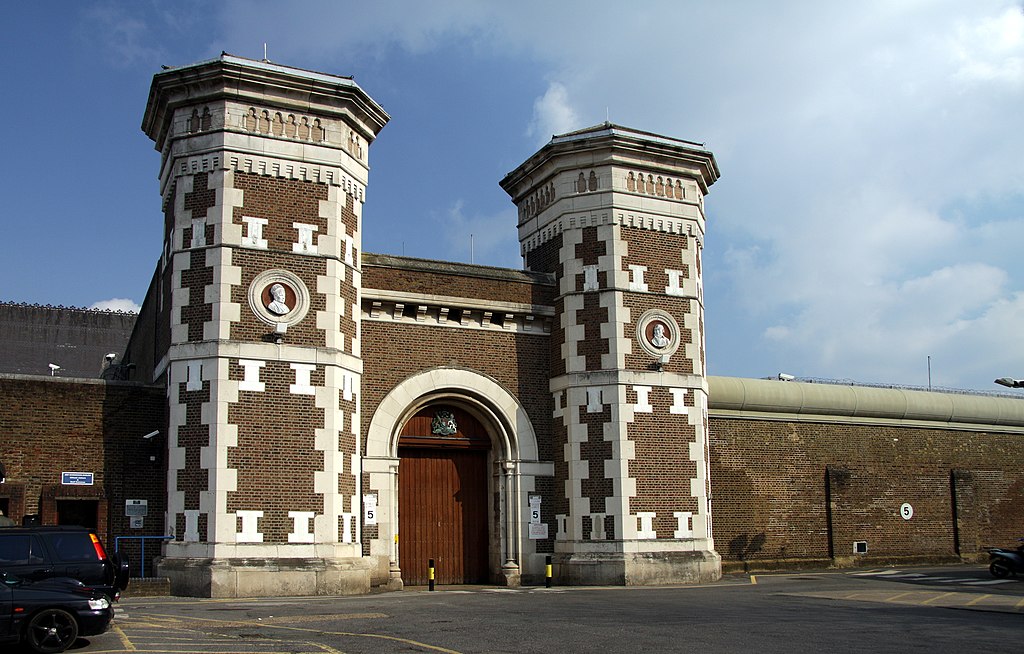The British government has recently enacted emergency protocols to mitigate the risk of overcrowding in prisons by implementing early release for some inmates and postponing select court hearings.
Over the past three decades, the incarceration rates in England and Wales have surged, doubling due to increased sentence lengths and a stricter stance on violent and drug-related offenses.
In an effort to alleviate immediate strains on prison facilities, a spokesperson for Prime Minister Rishi Sunak clarified that the early release measures would be selectively applied.
“It is a temporary scheme,” the spokesperson noted, emphasizing that only prisoners nearing the end of their sentences would be eligible and they would remain under rigorous supervision, including electronic monitoring.
Exclusions to this early release initiative are stringent, disallowing eligibility for individuals convicted of terrorism, sexual offenses, or severe violent crimes.
Additionally, prison governors hold the authority to veto the early release of certain prisoners, providing an additional layer of scrutiny.
Addressing another facet of this overcrowding issue, the Ministry of Justice disclosed that they have reactivated a measure for detaining defendants who are denied bail.
Rather than being sent to prison, these individuals may be held in police custody if no prison space is available.
This protocol was last employed briefly in March and is part of a broader strategy to ensure that every remanded individual has a designated custody cell.
The backdrop to these measures is a critical overcrowding issue within the prison system.
As of last summer, the prison population reached a record 88,225, an 8% increase from the previous year, with only 557 usable places remaining.
This has resulted in three-fifths of all prisons exceeding their capacity for decent inmate accommodation.
The situation has sparked significant concern and criticism.
Opposition Labour Leader Keir Starmer has openly criticized these measures in parliament, accusing Sunak of offering “get out of jail free cards” and questioning the early release of those convicted of domestic abuse.
Sam Townend, chair of the Bar Council, which represents barristers, expressed urgency in addressing these systemic issues.
“We cannot continue like this,” he stated, calling on the government to demonstrate a serious commitment to reforming and investing in the criminal justice system, including the improvement of prisons and courts.
